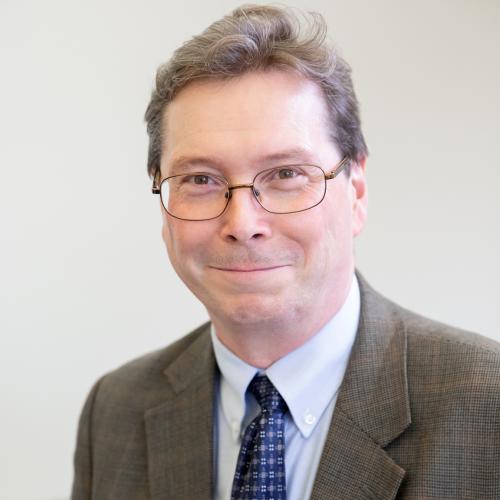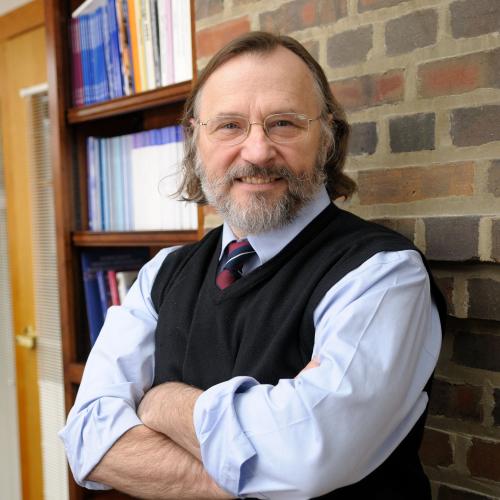

GSLIS and the University of Hong Kong (HKU) are partnering to host the Data Curation Spring Institute to be held February 25-27, 2015.
Intended for academic librarians in Hong Kong and neighboring regions, the institute will feature lectures, hands-on lab exercises, and case studies that explore data management and curation, including sessions on data mark-up, understanding data provenance, and selecting and assessing repository systems and tools.
The three-day program will be taught by J. Stephen Downie, GSLIS professor and associate dean for research, GSLIS doctoral students Nic Weber and Andrea Thomer, and Xiao Hu (PhD ’10), assistant professor at HKU. Presentations will draw upon work done by GSLIS researchers, including projects conducted within the Center for Informatics Research in Science and Scholarship (CIRSS), the HathiTrust Research Center (HTRC), and the National Center for Atmospheric Research (NCAR). Allen Renear, GSLIS dean, will give opening remarks.
“This is our first formal collaboration with our colleagues at HKU, and it has been a pleasure to work with them to plan this Institute. Collaborations like these provide valuable insights into what data challenges scientists and humanities scholars around the world face, and how we can come together to solve them,” said Downie.
Downie, an expert in digital libraries and digital humanities, will present the lecture, “Selecting and Applying Standards for Building Data Collections.” GSLIS Associate Professor Jerry McDonough, an expert in metadata and digital preservation, will join Downie remotely for this interactive session. Downie will also present, “Developing Institutional Capacity for Research Data Services in Academic Libraries” with Heidi Imker, director of the Research Data Service at the University of Illinois Library, who will also join remotely for this session.
“Without data curation, the promise of information cannot be realized. Data curation ensures the accuracy, reliability, and usefulness of data at a time when this has never been more important. Workshops such as these allow professionals to work together on the problems their projects and institutions face, and to evolve state-of-the-art strategies and solutions,” said Renear.